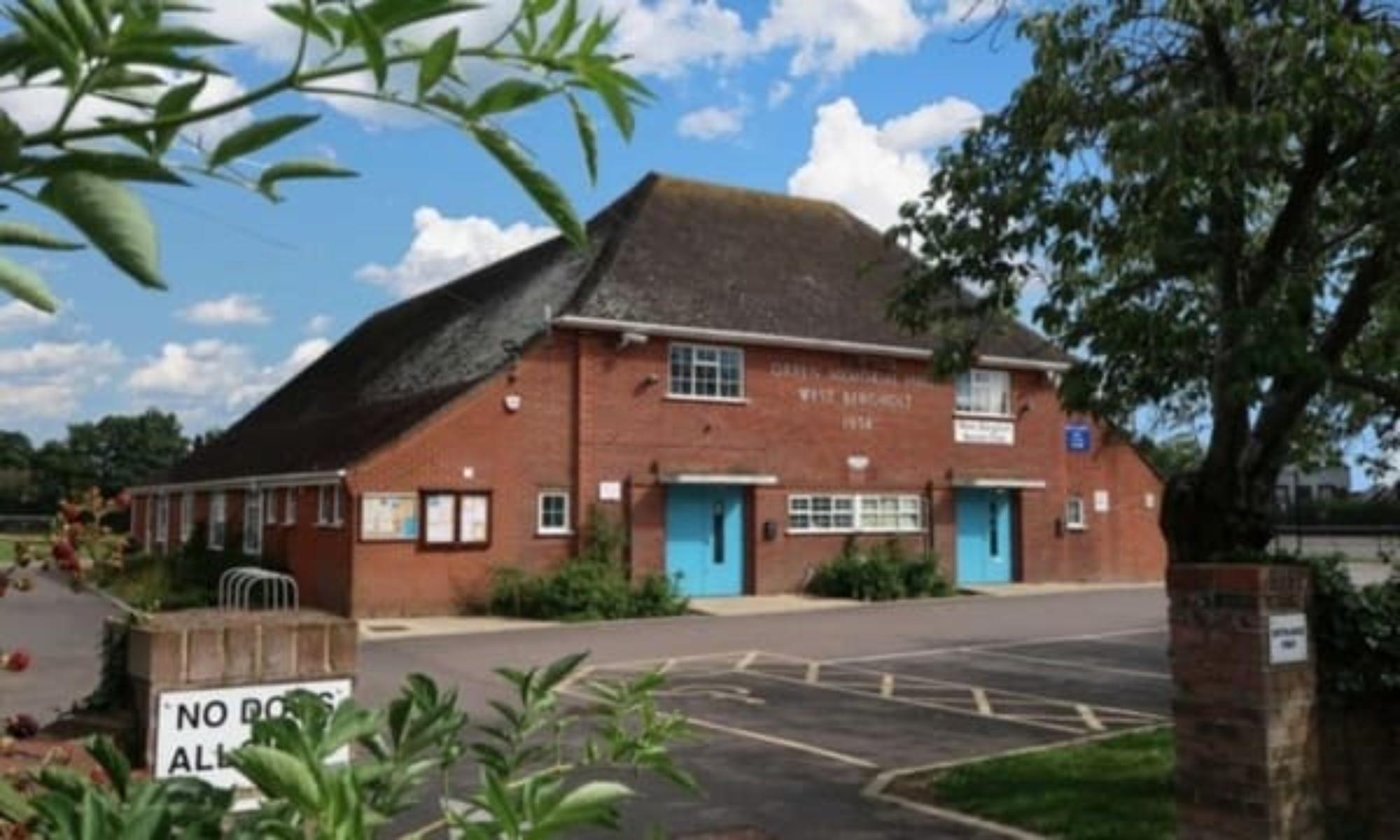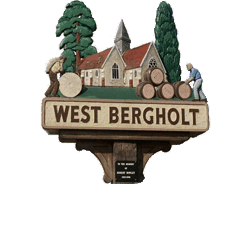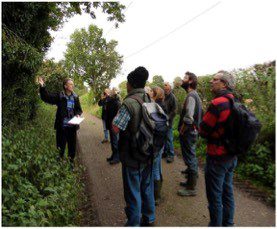Autumn Fruits Report
Steve Hallam reports on the Autumn Fruits walk around Hillhouse Wood and the surrounding area on the 18th October 2015:
In mid-October I led the third of our Autumn Fruits walks. These walks focus on berries and nuts, but also cover whatever else we find along the way. Thirteen people came on the walk this year, which was pleasing bearing in mind the uninviting weather at the time.
It might reasonably be thought that, as this walk is primarily plant based, the same things would be seen each year. Indeed this is what I had anticipated. However it transpires that nature and predictability are not natural ‘fellow travellers’. This year this worked slightly to our disadvantage, as several finds in 2014 were absent this time. Chief among these was a spectacular display of wild hops, of which there was now no sign at all. White bryony was another fruit that could not be found. In general the numbers of berries were lower than in the two previous years. The haws and hips were relatively thin in the hedgerows, as were the delicate Spindle tree berries. The black berries of the Dogwood were nearly completely absent; in fact it was only through diligent searching by party members that a few were found.
Despite these absences, the area in and around Hillhouse Wood is so productive that we still ran out of time before we had stopped to see and talk about all the berries, nuts and flowers that are visible at this time of year. The walk pays most attention to aspects of the countryside such as the ways in which plants were once used by people, how they can indicate the line of historic boundaries, the mythological beliefs that were associated with certain plants, and the tricks they use to survive. Flowers such as the humble and unspectacular looking Yarrow or St. John’s Wort were once important to previous generations, used to cure ailments and protect crops from disease. Our two Guelder rose shrubs put on their normal spectacular display, while the Ivy berries were maturing in their normal abundance. Of the two, the latter were of much greater use to people, and have more interesting stories to tell. One of its uses was to protect households from malicious goblins, especially at Christmas time.
Blackberries have been abundant this year, although largely over by now. We were also able to find Woody nightshade and the related Black nightshade, the former a climber but the latter an upright herbaceous plant of disturbed ground. Two strands of Black bryony were found, the only member of the Yam family to grow in Britain. A few Holly berries were tucked away, and one Honeysuckle plant which was simultaneously showing berries and flowers. In the wood the Sweet chestnuts had produced their normal heavy crop of well protected nuts.
So, all in all, we had a very successful walk which I trust everyone enjoyed.
Steve Hallam



